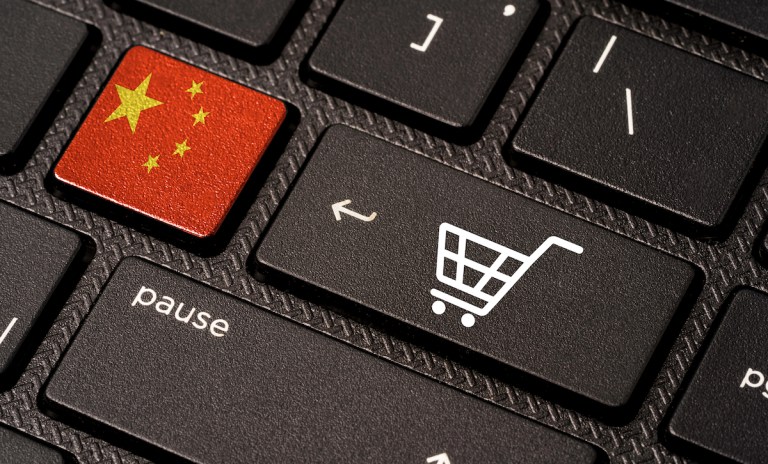China to Help Its eCommerce Firms Go Global

China unveiled rules designed to fuel international warehouse construction and expand cross-border eCommerce.
The draft rules from China’s commerce ministry cover both incoming and outgoing cross-border eCommerce in an attempt to bolster cross-border data management and the supervision of exports, Reuters reported Tuesday (June 11).
China’s “ministries and government departments will smooth financing channels and help cross-border eCommerce companies to ‘go global,’” the ministry said, per the report.
Sellers like Shein and Temu, which primarily move China-made products to markets around the world, have seen rapid growth, opening new avenues for companies that had only focused on domestic revenues, the report said.
Earlier this month, Shein — which is now based in Singapore — announced it had begun extending its resale platform to France, the United Kingdom and Germany.
“With the extension of our Shein Exchange platform into Europe and the U.K., we hope to provide more of our global customer community with ways to easily participate in the circular economy and promote the environmental benefits of shopping secondhand rather than buying new,” Shein Director of Sustainability Caitrin Watson said June 3.
This month also began with reports that Shein is planning to list on the London Stock Exchange confidentially, as the company faces pressure in the U.S. over its ties to China.
Executive Chair Donald Tang said in May that the company had made “progress” on altering the perception that the retailer was controlled by Beijing “but not enough” to bring American lawmakers to its side.
The company has received pushback in the U.S. from legislators such as Sen. Marco Rubio, who asked the Securities and Exchange Commission in February to prevent Shein from listing in the U.S. without agreeing to additional disclosures about its business operations and “the serious risks of doing business” in China.
Tensions between the U.S. and China may also have put pressure on Temu, as a report said the company was looking to lower its risk in light of TikTok’s troubles with the American government.
A spokesperson for Temu denied the claim and told PYMNTS that while the company is investing in expansion into other countries, that does not mean it considers the U.S. less important.
For all PYMNTS retail coverage, subscribe to the daily Retail Newsletter.